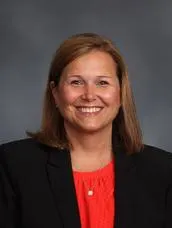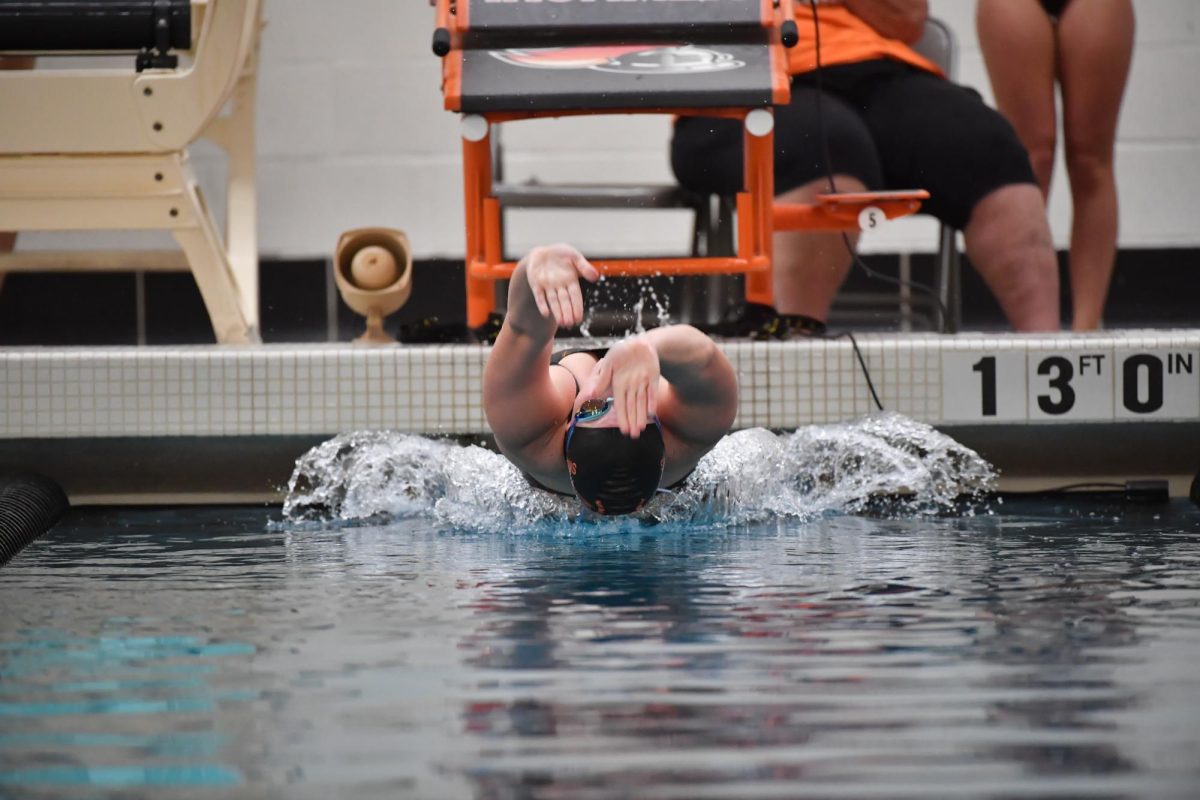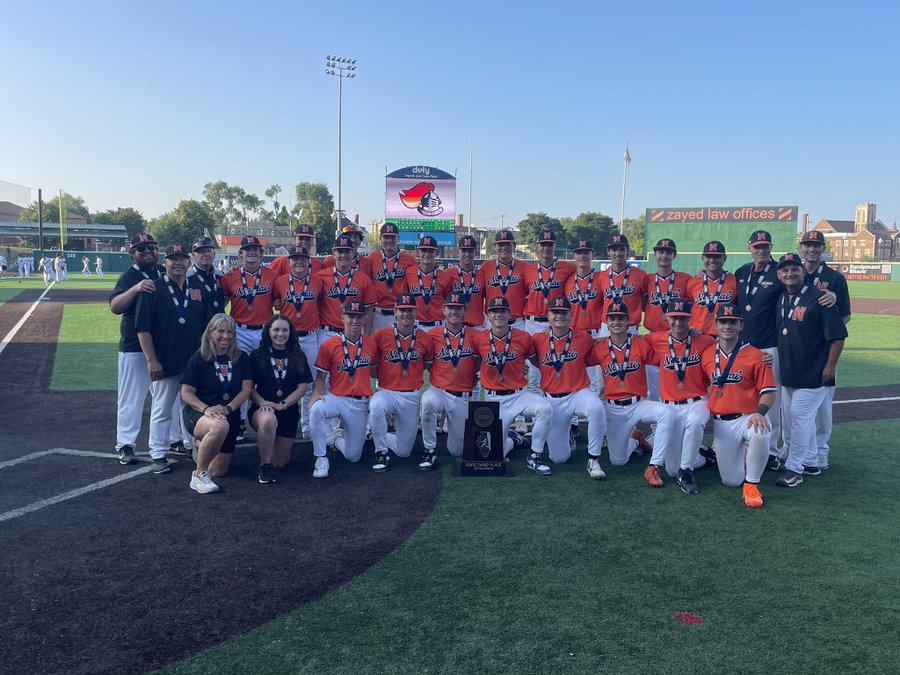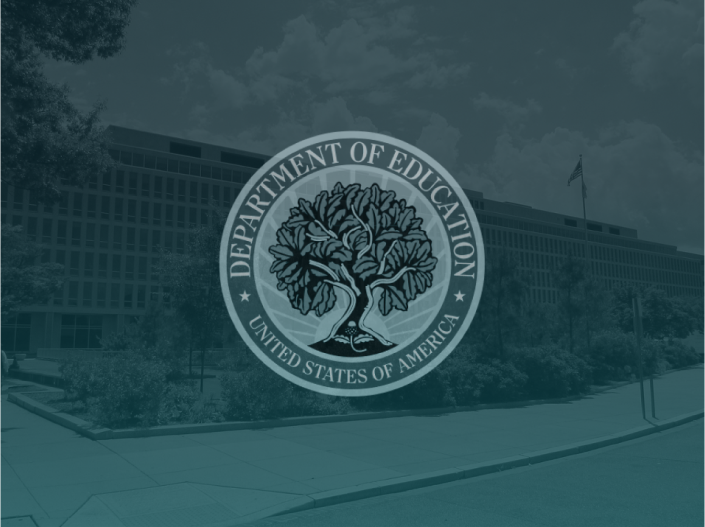President Donald Trump’s proposed elimination of the Department of Education—echoing Republican efforts that date back to when the department was established in 1979—raises questions about how federal funding would be redistributed, how student protections would be maintained and what responsibilities would fall to states.
Dissolving the DOE, which oversees federal education funding, civil rights protections and policy enforcement, would be the latest in Trump policies impacting school systems.
Last week, the DOE rolled back to Trump’s 2020-era Title IX rules, removing policies that once required schools to respect students’ pronouns and gender identity. Trump’s administration has already revoked federal support for Diversity, Equity and Inclusion programs, removing related resources from the DOE’s website and reassigning DEI-focused staff.
In early November—after President Trump’s re-election but before he took office—McLean County Unit 5 Superintendent Dr. Kirsten Weikle, Unit 5 School Board President Mr. Jeremy DeHaai and Unit 5 Education Association President Mrs. Julie Hagler sat down with Inkspot to discuss the potential dismantling of the U.S. Department of Education and its potential implications for the school district.
How much does Unit 5 rely on federal funding, and where does that money go?

Dr. Kirsten Weikle, Superintendent: “In real, general terms, we receive Title funding”–money to fund academic and behavioral intervention and support; funding to support low-income students; money for staff professional development; and funding for supplemental services for English learners. “Those are the major Title funds.”
“The other source of federal funds that we receive are some special education dollars to support our students who have individualized education plans.”
Mrs. Julie Hagler, UFEA president: “Really, about 9% of Unit Five’s budget comes from the federal government. And if that funding were to disappear, that’s [translates to] about 100 teacher jobs, and so that means much larger class sizes and a significantly negative impact on students.”
Could eliminating the DOE affect special education services like IEPs and 504 Plans?
Weikle: “They provide [funding] for some training for staff who maybe don’t always have that special education background–our general education staff. It can be used for special education staff to receive training on newer, more up-to-date techniques and interventions with some students who demonstrate some behavioral or emotional challenges.”
That training is important as the laws “as to what you can and can’t do, or what’s been found to be best practice … for student success” have changed significantly over the last 20 years.

Hagler: It could mean “eliminat[ing] block grants,” the current way of providing funding to schools, eliminating the Title grants that serve special populations of high-need students.
What about protections for student privacy and civil rights?
Weikle: “There’s certainly safeguards in place, technology-wise. We have systems, so private student information isn’t out there on the web. We have those systems working behind the scenes that neither you nor I see, but they’re there to protect students and staff too.”

Mr. Jeremy DeHaai, school board president: “The reality is, I don’t know a lot of the details on the protection of privacy. I know we do have policies and procedures in place that are designed to comply with the rules and regulations at the federal and state level.”
Hagler: “One of the things that the Trump administration could do very quickly is roll that back, and then what does that mean for those students in our schools? How do you learn when you don’t feel safe?”
Would students still have the right to discuss race, religion and gender issues in school?
Hagler: “It’s something that we need to be vigilant about protecting… We’re very lucky to be in a state where those things are protected. But if that starts to get chipped away at a federal level, that could have an impact even here.”
What role does the teachers union play in protecting local schools?
Hagler: “At the local level, I’m not sure that there’s a lot that we do except provide support to our organization at the national level [through the National Education Association and empower them to go and speak to our legislators on our behalf.”
While the future of the Department of Education remains uncertain, Unit 5 leaders emphasize that local and state policies will continue shaping education. But with federal funding at stake, civil rights protections under scrutiny and national unions targeted, the potential impact could extend far beyond Bloomington-Normal.
For now, Unit 5 schools remain committed to providing funding, privacy protections and inclusive policies—whether or not the federal government is involved.


![Community honors longtime coach Mr. Bryan Thomas before Oct. 3 game [photo gallery]](https://nchsinkspot.com/wp-content/uploads/2025/10/Thomas-6-1200x1200.jpg)


























![Week 7: Coach Drengwitz recaps the Ironmen’s win over Bloomington, talks Danville [video]](https://nchsinkspot.com/wp-content/uploads/2025/10/Vikings-feature-Image-1200x675.png)

















![Halloween candy cross section quiz [quiz]](https://nchsinkspot.com/wp-content/uploads/2022/10/Candy-cover-big-900x675.png)
![Average Jonah? [quiz]](https://nchsinkspot.com/wp-content/uploads/2022/05/average-jonah-900x600.png)







![[Photo Illustration]](https://nchsinkspot.com/wp-content/uploads/2025/09/trigger-words.png)










![Week 5: Coach Drengwitz previews the Ironmen’s matchup vs. Peoria Manual, recaps Week 4 [video]](https://nchsinkspot.com/wp-content/uploads/2025/09/Week-5-v-Rams-1200x675.png)





![Postgame reaction: Coach Drengwitz on Community’s 28-17 Loss to Kankakee [video]](https://nchsinkspot.com/wp-content/uploads/2025/09/Week-4-postgame--1200x675.png)
![Week 4: Coach Drengwitz previews the Ironmen’s matchup vs. Kankakee [video]](https://nchsinkspot.com/wp-content/uploads/2025/09/Ironmen-v-Kankakee-video-1200x1200.png)
![On the Spot: This or That – Halloween [video]](https://nchsinkspot.com/wp-content/uploads/2024/10/tot-Halloween-YT-1200x675.png)
![On the Spot: This or That – Fall favorites [video]](https://nchsinkspot.com/wp-content/uploads/2024/10/ots-fall-web-1200x800.png)
![On the Spot – Teachers tested on 2023’s hottest words [video]](https://nchsinkspot.com/wp-content/uploads/2024/01/On-the-Spot-Teachers-tested-1200x675.png)












